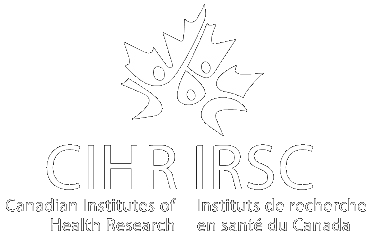Registration: ClinicalTrials.gov
Applicant / Principal investigator: David Conen MD MPH, McMaster University, Member of the perioperative network within ACT, permanent resident of Canada
Data Coordinating Centre: Population Health Research Institute, McMaster University, Canada
Current status: As of March 30 2023, 2,920 of 3,200 (91%) patients have been enrolled, and >2,800 of 3,200 final visits have been completed. We expect the last patient last visit around June 30, 2023.
Study Design: Multi-centre, international, blinded, randomized controlled trial
Primary Objectives: To determine whether the administration of colchicine compared with placebo reduces the occurrence of the co-primary outcomes 1) perioperative atrial fibrillation/atrial flutter (AF), and 2) myocardial injury after noncardiac surgery (MINS), both within 14 days of randomization.
Secondary Objectives: The secondary trial objectives are to determine whether the administration of colchicine compared with placebo reduces the following within 14 days of randomization: 1) composite of all-cause mortality, nonfatal MINS, or nonfatal stroke; 2) composite of all-cause mortality, nonfatal myocardial infarction (MI), or nonfatal stroke; 3) MINS not fulfilling the 4th universal definition of MI; 4) MI; 5) time to chest tube removal; and 6) duration of stay in ICU, step-down, and in-hospital.
Main Safety Outcomes: The two main COP-AF safety outcomes are 1) the occurrence of sepsis/infection; and 2) non-infectious diarrhea within 14 days of randomization
Inclusion Criteria: Patients are eligible if they: 1) are undergoing thoracic surgery with general anesthesia; 2) are ≥55 years of age at randomization; 3) are expected to require at least an overnight hospital admission after surgery; and 4. provide written informed consent.
Exclusion Criteria: 1) prior history of AF; 2) taking anti-arrhythmic medication; 3) undergoing minor thoracic interventions/procedures; 4) contraindications to colchicine; 5) not expected to take oral medications for >24 hours after surgery; 6) scheduled for lung transplantation; 7) currently taking non-study colchicine before surgery; 8) severe hepatic dysfunction; 9) aplastic anemia; 10) women of childbearing potential who are not taking effective contraception, pregnant or breast-feeding; 11) scheduled to take during the first 10 days after surgery clarithromycin, erythromycin, telithromycin, cyclosporine, ketoconazole or itraconazole; or 12) HIV patients treated with antiretroviral therapy.
Treatment: Oral colchicine (0.5 mg) or matching placebo is given within 4 hours before surgery. Thereafter, patients will receive colchicine 0.5 mg or placebo twice daily for a total of 10 days.
Follow-up: Patients will be followed while in hospital and at 14 days after randomization.
